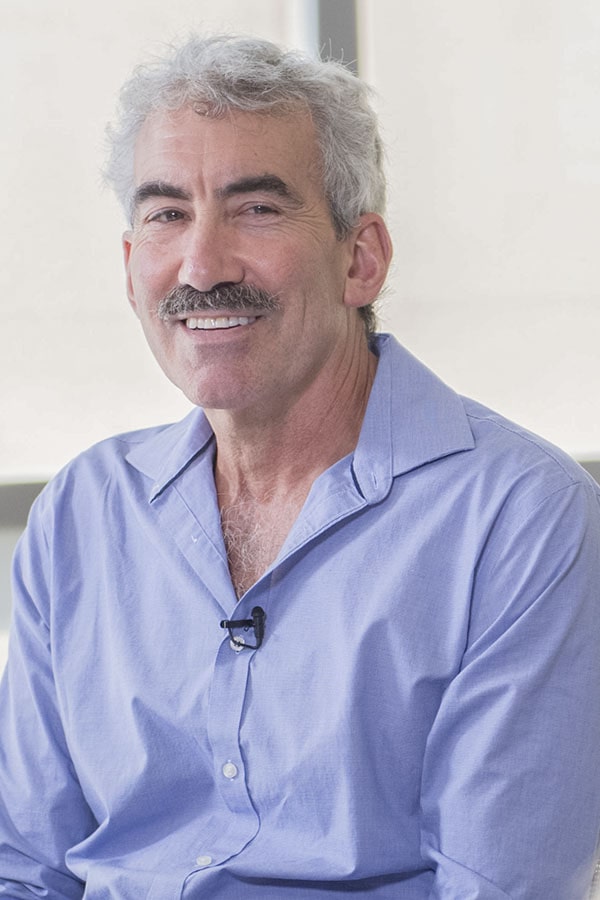The Desire for Information: Blissful Ignorance or Painful Truth?
We live in a time of unprecedented access to information. And in this era of sheltering-in-place around the nation and the globe, the desire for news may be higher than ever — at least for some people. But do we really want all this information, all the time? Some may indeed prefer to think happier thoughts and maintain an (overly) optimistic outlook about the health threat we face. On the other hand, others may prefer not to know what the swings in the market are doing to their retirement savings.
Recent work has found that people at times prefer less information, even when this means they might not be able to make fully informed decisions. However, little is known about the prevalence of such avoidance. Who are the people who choose blissful ignorance over facing reality?
While previous work has looked at isolated decisions, researchers from Carnegie Mellon University, Northwestern and Harvard Universities set out to measure the desire for information across different areas of life. Are some people generally averse to learning information that could be painful, or do most people have some areas of their lives in which they would like to face the truth and others in which they would rather remain uninformed? To address questions such as these, and measure individual preferences for obtaining or avoiding information, they crafted 11 scenarios involving three domains — personal health, finances and other people's perceptions of oneself — in which there was information that could help the respondent to make better decisions but might be painful to learn. For each scenario, over 2,000 respondents indicated whether they would want to receive information or to remain ignorant.
To see the scenarios for yourself and how you compare to others who have responded to the questionnaire, go to this link:
Test Your Own Information Preferences
"Economists have long thought 'the more, the better', when it comes to information," said George Loewenstein, the Herbert A. Simon University Professor of Economics and Psychology at Carnegie Mellon. "This thinking doesn't fully reflect people's complex relationship with information. We wanted to create a way to measure an individual's tendency to pursue or shy away from information."
